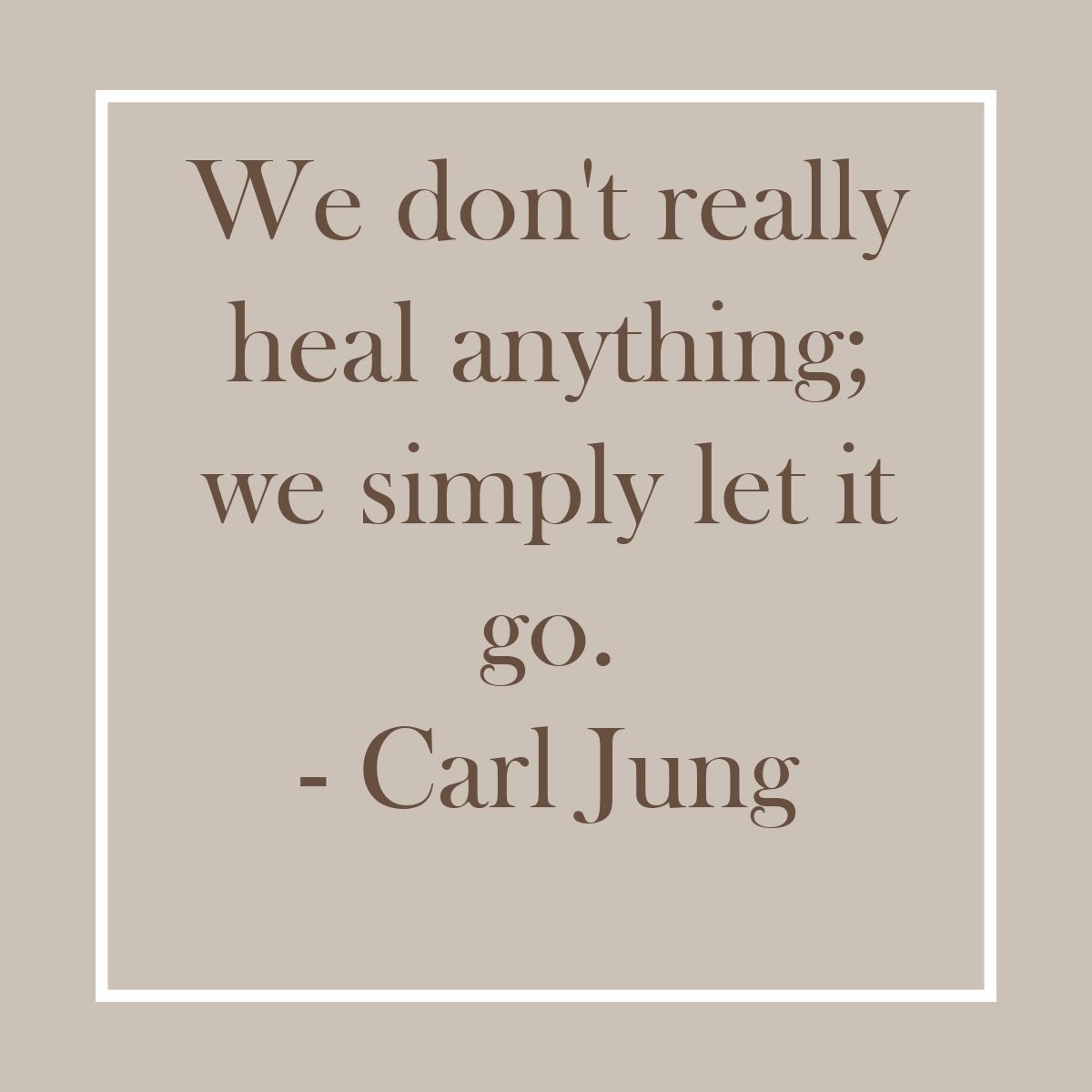The path to health part 4: bowel function
Yep, this post is about poop.
Take a look at this infographic. According to the USDA, the average American consumed about 1966.3lbs of food daily, which translates to 5.4lbs of food each day. If you add in water and other fluids not counted, that means we take in roughly 8lbs of food and fluids daily; assuming your weight is stable, then that means you expel 8lbs of waste each day as well.
Some of it will be lost through respiration (conversion of energy in foods to carbon dioxide and water, which we then breathe out), but the majority is removed via sweat, urine, and feces. And eight pounds is not a small amount!
To be frank, bowel movements are not something that get discussed a lot, so most people don’t know what is truly considered “normal” or “healthy”, so I’ll start there. Each of us should be having a bowel movement 2-3 times per day. And they should be easy to pass. Seriously, if you’ve brought reading material into the bathroom with you, expecting to get more than a page or two read, you’re taking too long.
Many people believe that one bowel movement a day is enough. If you’re one of them, think about how much solid food a day you consume…and then decide if once a day is likely to be adequate (I doubt it). And if you go less than once every day, then you really have your work cut out for you. There is nobody for whom that would be considered “healthy”…you absolutely need to reassess your food & fluid intake, and maybe speak to a professional regarding the addition of additional supplements and/or medications to help promote regularity.
Food we consume should be expelled within 16-24 hours. What happens if our colon is sluggish, and waste matter doesn’t make it out that fast? As waste passes through the bowels, water continues to be reabsorbed through the lining. The longer it remains in contact with the lining, the harder and harder it gets, becoming stuck to the lining and more difficult to pass. That feces can stay stuck to the lining for days, months, or even years! The problem with this is twofold: first, this accumulation causes a narrowing of the passageway, making it even more difficult to pass waste through the colon.This leads to both constipation and diarrhea. Constipation because solid waste has a difficult time passing through, and diarrhea because liquid waste is no longer able to make contact with the lining, so water is not reabsorbed, and waste remains liquid.
The second issue is that as the feces sits next to the lining, it begins to break down and decay, releasing loads of toxins that are reabsorbed into the bloodstream where they begin to accumulate in tissues in the body (this is called autointoxication, or toxic colon).
A toxic colon can be responsible for a multitude of symptoms, including headaches, feelings of tiredness or sluggishness, abdominal discomfort, and bloating, When the liver is overloaded with toxins to process, the body finds other ways to eliminate them, so skin conditions, such as acne, eczema, under-eye circles and issues such as bad breath and body odour are all frequently seen with autointoxication.
What causes constipation (and subsequently, a toxic colon)? Poor diet with a lack of fibre and fluids; consumption of highly processed foods; lack of exercise; stress; medications; too much “bad” bacteria in the gut; lifestyle; and a number of other issues can contribute. So, bring on the bran! Load up on fruits and vegetables. Drink lots and lots of water. Relax. Get moving. Get a good probiotic. And if all that doesn’t do it, speak with a professional. You may require supplementation to help. Bowel regularity is fundamental….you can’t ignore it and ever expect to be truly healthy.













